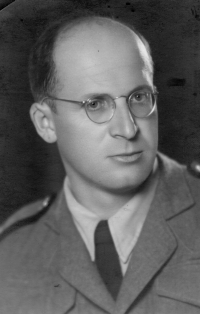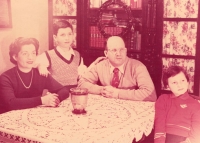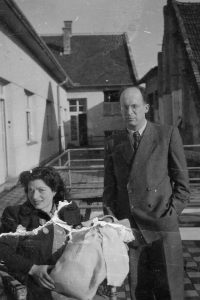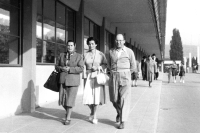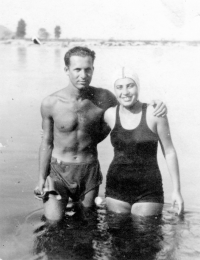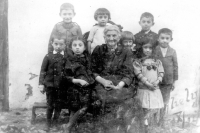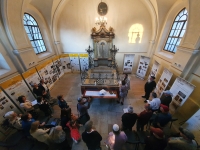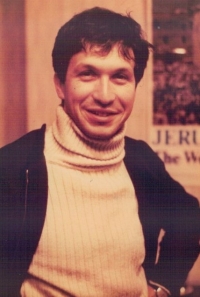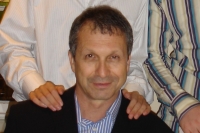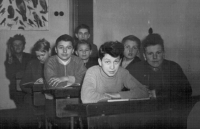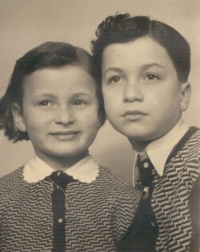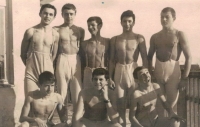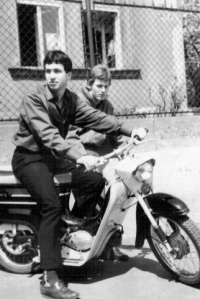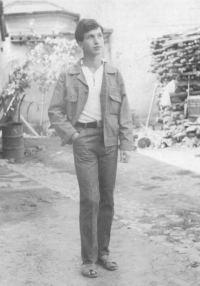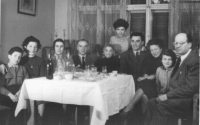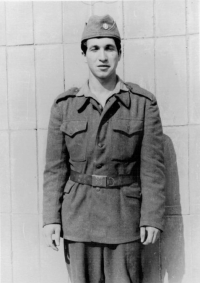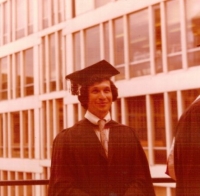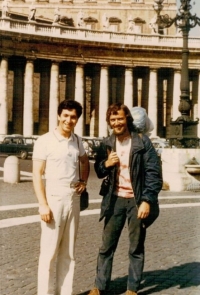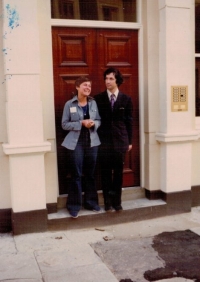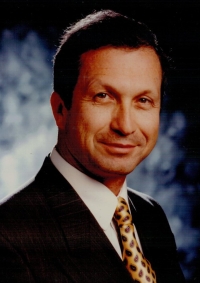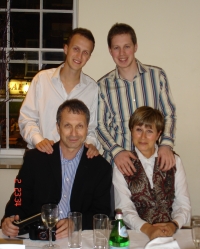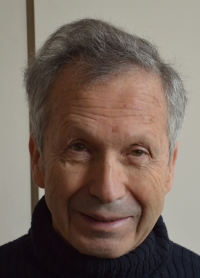His father gave him a prayer box in England. He suspected she wouldn‘t come back
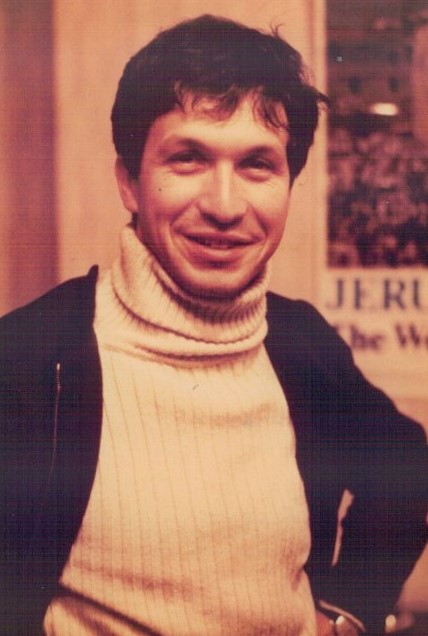
Stáhnout obrázek
He was born on February 8, 1946 in Liptovské Mikuláš to Jewish parents Alexander and Judita, who, because of their Jewish origin, lived the last months of the war in forest shelters. Father Alexandr worked as a doctor in the Children‘s Tuberculosis Hospital in Luž before the war. The Gestapo arrested him and after three months deported him to Slovakia. There, thanks to his profession, he and his wife were protected from the first transports to the ghetto. However, after the outbreak of the Slovak National Uprising in 1944, the exception ended for privileged Jews, which is why the Schwitzers fled to the mountains. Ivan Sloboda was born exactly nine months after the end of the war. After the war, the father worked as a district doctor in various places until the family settled permanently in the southern Slovak town of Šahy on the Hungarian border. Ivan spent his early childhood there and finished elementary school. When he started studying electrical engineering, the family moved to Bratislava and stayed until 1968. In August 1968, Ivan Sloboda spent his holidays in England, but he did not return home after the invasion of the Warsaw Pact troops. Both parents also emigrated and settled in Switzerland. Ivan Sloboda went on to study electrical engineering at the University of Manchester and after his studies worked for a British telecommunications company. After 1989, he worked with the company Český a Slovenský Telecom and often traveled to the former Czechoslovakia. In 2022, he laid the Stone of the Disappeared on the square in Luž to his father Alexander Schwitzer, who changed his surname to Sloboda after the war. Stolperstein was placed in front of the house from which he was taken by the Pardubice Gestapo in 1941. Ivan Sloboda married a woman of the Jewish faith and they gave birth to two sons. In 2022, he was living with his wife in London.
